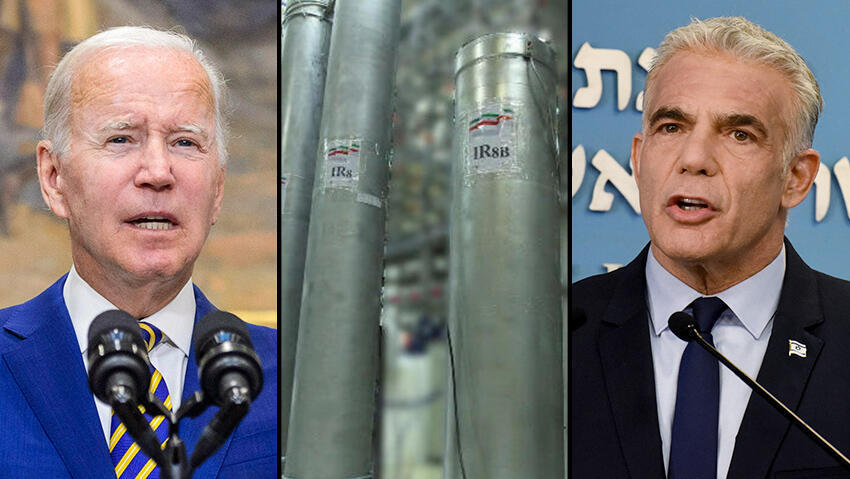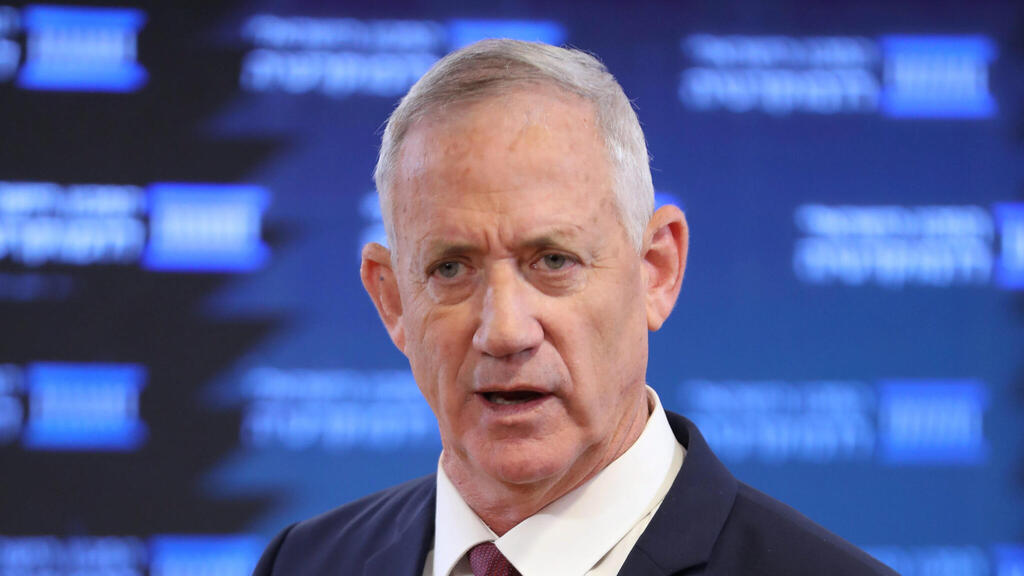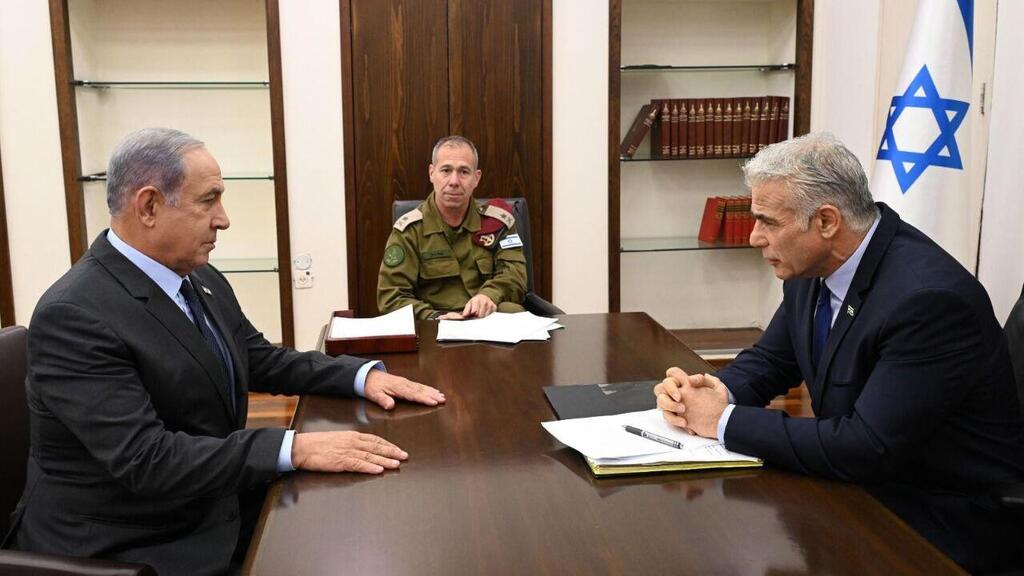Israeli envoy to the United States from 1973 to 1979, Simcha Dinitz, once told me a story.
In the 1970s, Israel’s former Prime Minister Menachem Begin once arrived in Washington in order to meet with then-President Jimmy Carter. Dinitz escorted Begin to the Oval Office, where Begin poured his soul to the American president for 20 minutes. In response, Carter retorted with anger, lecturing Begin for some 40 minutes.
When the two left the office, Begin asked Dinitz his opinion about the meeting he had just attended, who turned the question back to Begin. “It was a great meeting,” Begin concluded. “Why do you think so?” Dinitz asked, shocked. “Because we were given a chance to be heard,” Begin said.
Begin believed in the power of words, and mostly in the power of his own words. Begin's legacy, in that sense, lives on - especially if you look at the events surrounding the emerging revival of the nuclear deal between Iran and the West.
Former Prime Minister Benjamin Netanyahu gave a famous - or infamous, depends who you ask - speech about the dangers of signing such a deal at the U.S. Congress in 2015. His speech prevent neither the deal from being signed, nor its conditions. If anything, his speech pushed the American administration do make further concessions to Iran. Yet, it doesn’t stop Netanyahu from bringing up the speech as proof of his heroic fight against nuclear Iran.
In their upcoming book “The Divider: Trump in the White House”, journalists Peter Baker and Susan Glasser detail among other things, former U.S. President Donald Trump’s attempt to order an attack against Iran during the final weeks of his term in office. General Mark Milley, chairman of the Joint Chiefs of Staff, was one of the couple’s main sources for the book.
Milley recounts how he visited Israel to try and convince Netanyahu to stop goading Trump into a military operation in Iran. During their meeting in Jerusalem in December 2020, Milley told Netanyahu that “if you do this, you’re gonna have a fucking war.”
Netanyahu’s response was not detailed. Every single official within the U.S. military was against the idea of an operation in Iran, including then-Secretary of State Mike Pompeo. Eventually, Trump gave up on the operation after it became clear he lost the 2020 election and focused his effort on discrediting the results, resulting in January 6 United States Capitol attack.
Now, Prime Minister Yair Lapid and Defense Minister Benny Gantz try to fill Begin and Netanyahu’s shoes. Gantz left for Washington over the weekend in an attempt to prevent the revival of the deal, or at least to try and scare the U.S. into changing the agreement's terms by threatening military action against Iran.
The fact the Eyal Hulata, head of the National Security Council, had already held a meeting about the subject in Washington a few day earlier, didn’t prevent Gantz from from embarking on the endeavor.
Sources close to Gantz said Sunday that they were very happy about the outcome of the visit. “We left feeling that Israel’s message was well received and respected,” they said.
Lapid, on the other hand, has been waiting for over a week for a call from U.S. President Joe Biden, which has yet to arrive. Furthermore, among senior White House officials willing to listen to Israel’s concerns on the deal is only U.S. National Advisor Jake Sullivan. Our premiers and defense ministers no longer a priority for the White House, it seems.
Lapid is attempting to convince Israeli voters that he is doing everything he can to counter the U.S. policy on the deal, while steering clear from direct confrontations with the U.S. president. This makes him walk on thin ice, as one can see in the wake of statements of Mossad chief David Barnea days earlier.
Barnea explained that Iran cannot be trusted, as they are liars. His statement was taken as criticism of the U.S. policy, which opts to believe Iran. Therefor, it is a criticism of Lapid’s policy.
The Iranian nuclear project is indeed based on lies, but Barnea should’ve considered that Israel has a history of alleged deceit when it comes to our own nuclear projects.
The bottom line is that even with the celebratory commitments of the U.S., Iran will have its nuclear bomb if it so desires. Israel can delay the process, but not stop it.
With, or without the deal, the world is already looking at Iran as a nuclear threshold state, and the only thing that can change that is a military attack - to destroy the Iranian nuclear project once and for all. This requires strategic plans, long-term investment and close cooperation with neighboring countries.
A little less conversation, a little more action, please





